DIGOXIN - ORAL
PHONETIC PRONUNCIATION: (didge-OX-in)
COMMON BRAND NAME(S): Lanoxicaps, Lanoxin
GENERIC NAME(S): digoxin
Uses
USES: Digoxin is used to treat heart failure, usually along with other medications. It is also used to treat certain types of irregular heartbeat (such as chronic atrial fibrillation). Treating heart failure may help maintain your ability to walk and exercise and may improve the strength of your heart. Treating an irregular heartbeat can decrease the risk for blood clots, an effect that may reduce your risk for a heart attack or stroke. Digoxin belongs to a class of medications called cardiac glycosides. It works by affecting certain minerals (sodium and potassium) inside heart cells. This reduces strain on the heart and helps it maintain a normal, steady, and strong heartbeat.
How to use DIGOXIN - ORAL
HOW TO USE: Take this medication by mouth with or without food, usually once daily or as directed by your doctor. If you are using the liquid form of this medication, carefully measure the dose using the dropper provided by the manufacturer. Do not use a household spoon because you may not get the correct dose. Your body may not absorb this drug as well if you also eat foods that are high in fiber or if you take certain medications. Therefore, take this medication at least 2 hours before or after eating food products that are high in fiber (such as bran). If you are also taking cholestyramine, colestipol, or psyllium, wait at least 2 hours after taking your digoxin dose before taking any of these products. If you are taking antacids, kaolin-pectin, milk of magnesia, metoclopramide, sulfasalazine, or aminosalicylic acid, take them as far apart from your digoxin dose as possible. Ask your pharmacist if you are not sure when to take any of your medications. The dosage of this medication is based on your medical condition, age, body weight, laboratory tests, and response to treatment. Use this medication regularly to get the most benefit from it. To help you remember, use it at the same time each day. Do not stop taking this medication without consulting your doctor. Some conditions may become worse when the drug is suddenly stopped. Tell your doctor if your condition does not improve or if it worsens.
Side Effects
Precautions
Interactions
Overdose
Images
Reviews
Faq for DIGOXIN - ORAL
Digoxin is a medication used to treat certain heart conditions, such as heart failure and certain types of irregular heartbeat (arrhythmias).
Digoxin works by helping the heart beat stronger and more regularly, thus improving the heart's ability to pump blood.
Common side effects of digoxin may include nausea, vomiting, dizziness, headache, and confusion. It can also cause changes in heartbeat such as increased heart rate or irregular rhythms.
It is important to inform your doctor about all other medications, supplements, and herbal products you are taking as there may be potential drug interactions. Certain medications like diuretics, beta-blockers, calcium channel blockers, and antacids can interact with digoxin.
The dosage of digoxin is determined by your doctor based on your specific condition and response to treatment. It is usually taken once daily, with or without food.
If you forget to take a dose of digoxin, take it as soon as you remember. However, if it is close to the time for your next dose, skip the missed dose and resume your regular dosing schedule. Do not double the dose to catch up.
Digoxin is generally considered safe to use during pregnancy if the benefits to the mother outweigh the potential risks to the fetus. However, it is important to discuss with your doctor before using any medications during pregnancy.
There are no known food or drink interactions with digoxin. However, excessive consumption of foods high in fiber (bran, beans) or licorice can potentially reduce the absorption of digoxin.
The effects of digoxin may not be seen immediately. It may take a few days to weeks for the medication to reach its full effectiveness. It is important to be patient and continue taking the medication as prescribed.
Yes, digoxin can be used in children to treat certain heart conditions. The dosage will be determined by the child's weight and specific condition. It is important to follow the pediatrician's instructions for dosing and monitoring.
Disclaimer
IMPORTANT: HOW TO USE THIS INFORMATION: This is a summary and does NOT have all possible information about this product. This information does not assure that this product is safe, effective, or appropriate for you. This information is not individual medical advice and does not substitute for the advice of your health care professional. Always ask your health care professional for complete information about this product and your specific health needs.
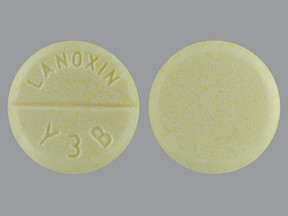
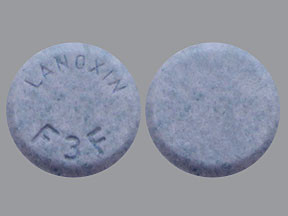
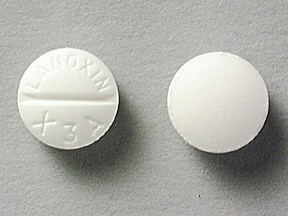
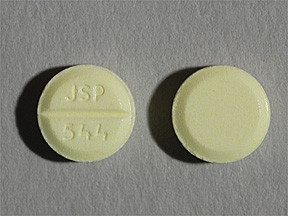
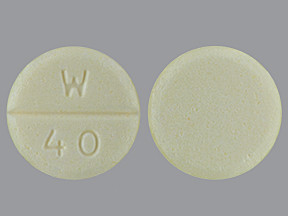
No Reviews Yet